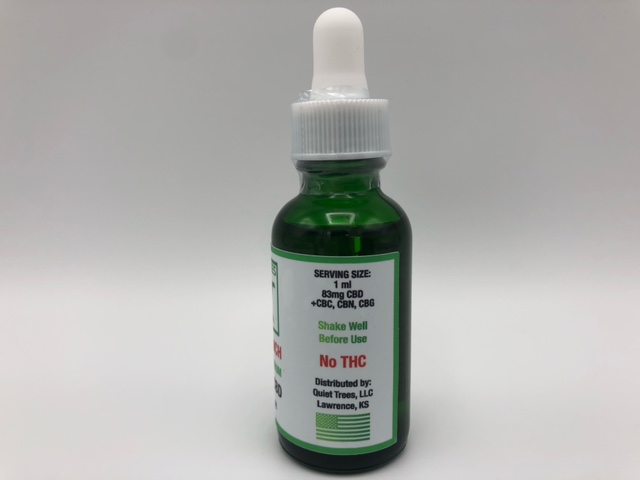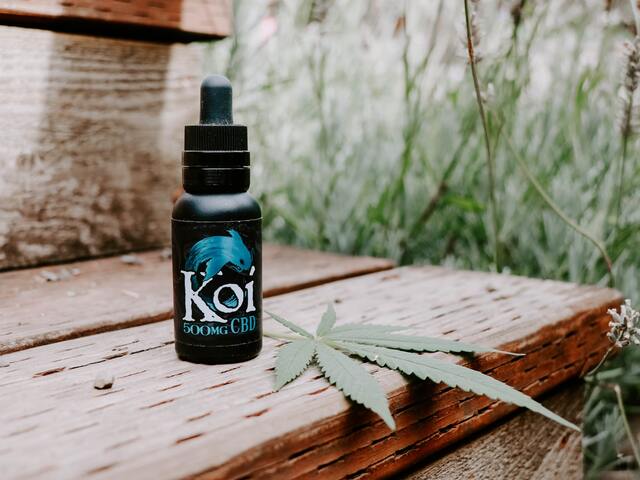In recent years, Cannabidiol (CBD) has emerged as a popular wellness product, touted for its potential benefits in various aspects of health and well-being. Among its growing list of applications, CBD’s impact on sports performance and recovery has garnered significant interest from athletes, trainers, and researchers alike. But what does the science say about CBD’s role in enhancing athletic performance and aiding recovery? Let’s delve into the current understanding of CBD’s impact on sports.
What is CBD?
CBD is a non-psychoactive compound found in the Hempsativa plant, which is often confused with its more famous relative, THC (tetrahydrocannabinol). Unlike THC, CBD does not produce a “high” and is legal in many places, including several U.S. states and countries worldwide. It interacts with the body’s endocannabinoid system (ECS), which plays a role in regulating various physiological processes such as pain, mood, and inflammation.
CBD and Sports Performance
1. Reducing Inflammation
One of the primary areas where CBD is thought to benefit athletes is in its anti-inflammatory properties. Intense physical activity can lead to inflammation and muscle soreness, often referred to as delayed onset muscle soreness (DOMS). The ECS, which CBD interacts with, is known to help regulate inflammatory responses. Some studies suggest that CBD may help reduce inflammation by affecting cytokine production, which are proteins involved in the inflammatory process. By potentially reducing inflammation, CBD could aid athletes in quicker recovery and improved performance.
2. Pain Management
Pain management is a critical aspect of athletic performance and recovery. Chronic pain, whether due to injury or overuse, can be debilitating and hinder an athlete’s ability to train and perform effectively. CBD’s potential analgesic properties come from its interaction with the ECS, which helps modulate pain signals. Research indicates that CBD might be effective in managing both acute and chronic pain, providing a natural alternative to traditional pain medications, which can sometimes have unwanted side effects or lead to dependency issues.
3. Improving Sleep Quality
Sleep is crucial for recovery, and athletes often require optimal rest to recuperate fully. Poor sleep can affect performance, reaction times, and overall health. CBD has been explored for its potential to improve sleep quality. Some studies have found that CBD might help regulate sleep patterns by influencing the body’s endocannabinoid system and its interaction with receptors that govern sleep and wakefulness. By potentially enhancing sleep quality, CBD could help athletes recover more efficiently and perform at their best.
CBD and Recovery
1. Enhancing Muscle Recovery
Recovery from intense workouts or competitions is essential for athletes to maintain peak performance. CBD’s anti-inflammatory and pain-relieving properties might play a role in accelerating muscle recovery. By mitigating inflammation and reducing pain, CBD could help athletes recover faster and get back to their training regimen more quickly.
2. Reducing Stress and Anxiety
Athletes often face significant stress and anxiety, both from their training routines and competitive environments. CBD is known for its potential anxiolytic (anxiety-reducing) effects. By potentially lowering stress and anxiety levels, CBD could help athletes maintain mental clarity and focus, which is crucial for both training and competition. A more relaxed state might also contribute to better overall recovery, as chronic stress can negatively impact physical health and recovery processes.

Scientific Evidence and Research
While anecdotal evidence and preliminary research suggest potential benefits of CBD for athletes, it’s essential to recognize that the science is still evolving. A 2018 review published in Frontiers in Neurology noted that while CBD shows promise for pain relief, inflammation reduction, and anxiety management, more rigorous clinical trials are needed to establish definitive conclusions.
A 2020 study in Sports Medicine highlighted that while some studies support CBD’s effectiveness in reducing inflammation and pain, the current body of research is limited and often of low quality. The researchers emphasized the need for well-designed, large-scale studies to better understand CBD’s impact on athletic performance and recovery.
Legal and Ethical Considerations
Athletes should also be aware of the legal and ethical considerations surrounding CBD use. The World Anti-Doping Agency (WADA) has removed CBD from its list of prohibited substances, but it is crucial to ensure that CBD products do not contain THC or other banned substances. Athletes should choose CBD products from reputable sources and verify their purity through third-party testing to avoid any issues with performance-enhancing drug policies.
Conclusion
CBD holds promise as a natural supplement that might aid in sports performance and recovery through its anti-inflammatory, pain-relieving, and sleep-enhancing properties. However, the scientific community continues to study its effects, and more research is needed to fully understand its benefits and limitations.
As with any supplement, athletes should approach CBD with caution, stay informed about the latest research, and consult with healthcare professionals before incorporating it into their regimen. As the evidence base grows, CBD could potentially become a valuable tool for enhancing performance and recovery in the world of sports. If you are seeking a source and information about CBD, you may visit LearnMuscles to learn more.










